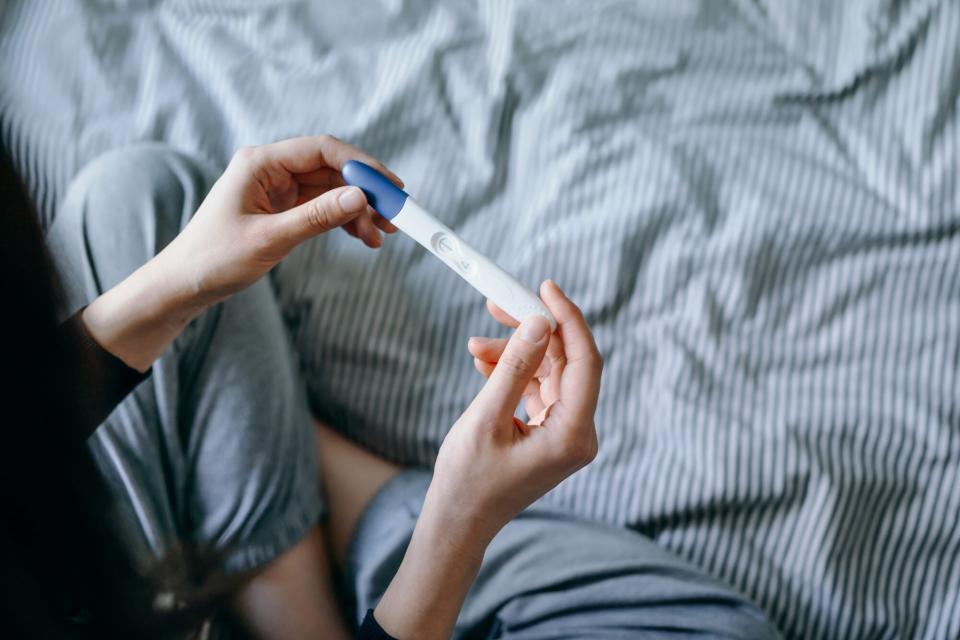Does Melatonin Affect Fertility?
Many Americans take melatonin to fall asleep. In fact, according to the National Center for Health Statistics of the National Institutes of Health, the supplement is used by millions of adults (and children). But is melatonin safe? Can the sleep aid affect your ability to conceive—or interfere with birth control? Here's everything we know about melatonin and fertility.
What Is Melatonin?
Melatonin is a hormone that occurs naturally in your body. It's produced throughout the day to help regulate your sleep. It also manages your internal clock, or circadian rhythm, and research suggests melatonin plays other important roles—including the regulation of your body's temperature.
RELATED: Is Melatonin Safe for Kids
"Melatonin, which is produced naturally in the brain, helps regulate sleep patterns by slowing the activity of nerve cells that produce wakefulness hormones," says Robert Pagano, a certified sleep science coach and the co-founder of Sleepline. "Levels of melatonin are high at night and low during the day. However, melatonin levels usually rise with the sun, building throughout the day."
That said, numerous factors can affect melatonin production, including stress, age, and exposure to too much light at night. That's why some individuals take melatonin supplements.
Does Melatonin Affect Fertility?
Many people wonder, can you take melatonin while trying to conceive? Like other medications and supplements, melatonin can affect fertility—but not in the way you might think. Studies show that melatonin, which is an antioxidant, can assist in reversing oxidative damage to oocytes, thereby improving egg quality and resulting in higher rates of pregnancy.
"Melatonin has actually been shown to improve fertility," says Angela Grassi, the founder and author of The PCOS Workbook. "It helps improve egg quality and can lower insulin... and melatonin can be particularly helpful for women with polycystic ovary syndrome, or PCOS."
In short, melatonin may be a useful tool in the management of fertility.

Getty Images.
Can Melatonin Cancel Out the Effects of Birth Control?
Melatonin will not cancel out the effects of birth control (in other words, it's generally considered "safe" to take the sleep aid and an oral contraceptive.) That said, taking the two in tandem can cause other problems.
"Studies indicate that the hormones—progesterone and estrogen—in a combined birth control pill help promote sleep," an article on Medical News Today explains. "For this reason, a person taking hormonal birth control and melatonin may experience more pronounced sleep-related effects… [and] it is possible that taking both may increase the risk of sleepiness during the day and other side effects of melatonin." These side effects include headaches, dizziness, depression, and strange dreams.
It's important to speak with your doctor before starting any new medications or supplements. Melatonin isn't monitored by the U.S. Food and Drug Administration (FDA). The dosage also isn't regulated, and data on melatonin is limited. However, most doctors consider melatonin to be relatively safe.

